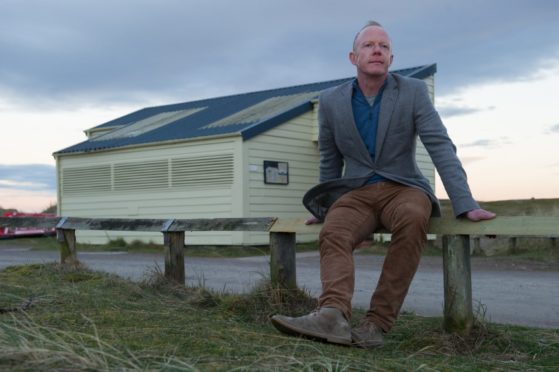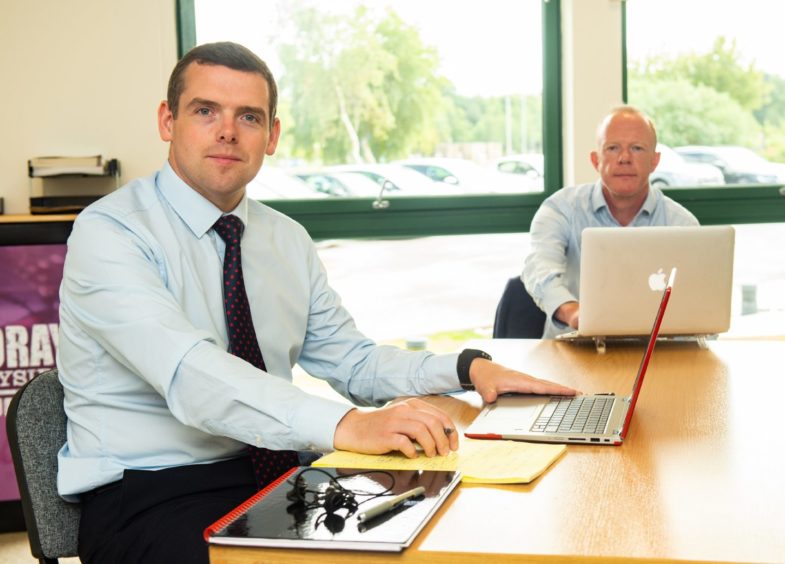Tourism bosses have warned a Scottish Government crackdown on short-term holiday lets could force businesses already struggling from the coronavirus pandemic to close.
A new licensing system has been introduced to ensure operators meet minimum standards while being able to control the market so hotspots do not become overwhelmed.
However, fears have been raised that existing operators could be forced to potentially pay up to nearly £5,000 to comply with the rules which could involve planning permission as well as the new licence.
The Scottish Government has delayed the deadline to comply with the legislation to April 2023 to give existing firms time to recover from Covid-19.
However, fears have been raised the crackdown on short-term lets such as Airbnb has “little relevance” in the north while still forcing operators to pay.
National solution to fix ‘Central Belt issue’ on short-term holiday lets
Laurie Piper, chief executive of Visit Moray Speyside, said: “The total financial impact of Covid-19 restrictions to the self-catering sector alone is £265m since September 2020.
“Yet these damaging regulations, which at their core are seeking to address a Central Belt issue which is of little relevance to us here in Moray, are being introduced during a pandemic when other similar pieces of legislation have been postponed.
“The result of the introduction will be significant cost for operators, and I don’t doubt will see many having no choice but to give up and leave the sector.”
Concerns have been raised about the influx of short-term lets in recent years in tourism hotspots including Edinburgh.
Neighbours in the capital have reported constant noise from the affected properties while campaigners say the rise has led to many being priced out of living in the city.
However, Moray MP Douglas Ross believes the crackdown on short-term lets could damage a vital part of the north’s tourism industry.
He said: “I understand the thinking behind the legislation, but there could be unintended consequences for areas like Moray where self-catering properties are a big part of the local tourism offering.
“Tourism will be vital to re-building our local economy in Moray after the pandemic.
“Self-catering accommodation would clearly be ideal for anyone who wants space, privacy and fewer interactions with others.
“There is a risk, however, that the changes coming down the road on regulating short-term lets could dampen any recovery for the sector.”
Crackdown aims to help communities
Industry giant Airbnb has described the new scheme as “one of the most bureaucratic and financially damaging red-tape regimes in the world”.
When the crackdown on short-term lets was announced the Scottish Government explained the new rules would “strike the right balance” between the needs of communities and the tourism industry.
Housing minister Kevin Stewart added: “We are acutely aware of the impact of the coronavirus pandemic on this sector right now.
“A large number of comments in the consultation centred on whether to proceed with regulation at this time or to delay it. We have amended our proposals to ensure that existing hosts have more than two years to prepare.
“Our proposals support work towards a strong recovery of responsible and sustainable tourism in Scotland.”

